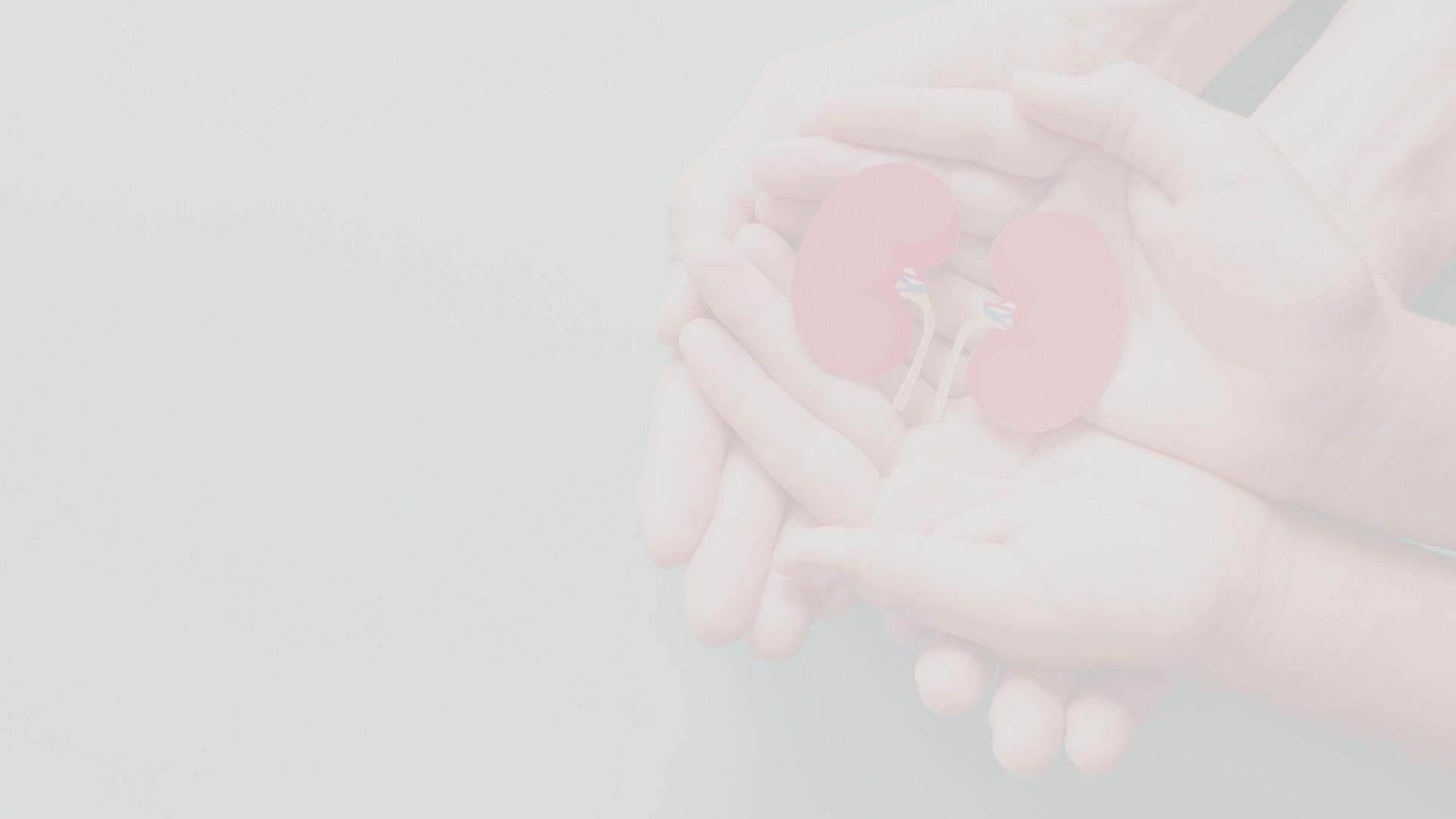Inside Polycystic Kidney Disease: A Guide to Understanding the Inherited Condition


Polycystic Kidney Disease (PKD) is a genetic condition that affects millions of people worldwide. It is a chronic and progressive disorder that causes fluid-filled cysts to develop in the kidneys, leading to their enlargement and eventual failure. PKD can also cause cysts to develop in other organs, such as the liver and pancreas.





